Along with these infrastructure developments, families are settling, and children are growing up with Kelbajar as the only home they have ever known. Harut Mnatsakanyan, Kelbajar's de facto governor, told Eurasianet proudly that the birthrate of Kelbajar is among the highest in the contested territories – of the region's 800 families, one-eighth have more than five children. “And there are a lot of families with six, seven, eight children,” he said. “We are now starting a program to build homes for large families.” The town's school has 135 elementary and secondary students, and a further 42 children in kindergarten.
Local authorities have ambitious plans for Kelbajar's further development. The de facto government now offers investors tax breaks and if they build in an area where there are no utilities or roads, the government will provide those services, the governor told Eurasianet. The authorities also are building hydropower plants in the district and Mnatsakanyan said there are plans to construct hotels to service tourists attracted to the area's stunning mountains and gorges.
While the population of the district is under 4,000 now, Mnatsakanyan said it could support orders of magnitude more. The population of the region was 70,000 before the war, he said, “and that's with the technology and economy of the 1980s. The economy is growing, fertility per square meter and other measures are growing, so we can use the territory even more intensively. The potential is unlimited.”
Mnatsakanyan is just 25. He grew up in the village of Khojaly, near Stepanakert, and was named governor in 2017 after a career in youth politics as the head of the student council at Artsakh State University and the head of the youth wing of the largest veteran organization in Nagorno-Karabakh.
People of his generation, he said, are less inclined to compromise on territory.
“Our fathers, the older generation, liberated part of Karabakh. And if for them, somehow, it was acceptable to give up some of this territory, because in their understanding it didn't used to be part of Nagorno-Karabakh, in exchange for peace so that their children don't experience war, because human life has a higher value – well, their generation is passing,” he said. “I was born in and live in a Nagorno-Karabakh where Karvajar and the other regions are a part of Nagorno-Karabakh. For my generation – and we are already taking official jobs – not one territory is under discussion.”
Marine Soghomonyan first moved to Kelbajar in 2003 from a small town in the Kotayk region of Armenia. “The economic situation in Armenia was bad. And here they gave me a free house, free utilities,” she said.
She is now the director of the town's youth and cultural center that hosts an instrumental music ensemble, three dance groups, and a choir. When she first arrived, the cultural center was “only walls,” still in ruins from the war. But it was reconstructed with diaspora aid and, on the day Eurasianet visited, was hosting visitors from the U.S.-based diaspora charity group Ararat Foundation, which is sponsoring another renovation. “It's not going to be up to European standards, but not bad,” Soghomonyan said.
It's impossible to imagine giving Kelbajar back to Azerbaijan, she said. “Our countrymen spilled so much blood here for this territory – who could give it back? What was the point of that war, what was the point of those deaths?” And it was likewise impossible, she said, for the former residents to move back. “People would kill each other again,” she said. “There were victims on their side as well as ours – who could live with their enemy?”
Just outside town, in an idyllic river valley, a group of private investors is constructing a factory to produce mineral water. In Soviet times, there was a resort here, Istisu (“hot water” in Azerbaijani), featuring curative mineral-springs baths. “People came from all over the USSR to get treated here,” said the enterprise's director, Karen Yegishyan.
Yegishyan moved to Kelbajar in 2004 to do his military service, and then stayed on. “Of course, the main reason was financial – I needed work, and there was work here,” he said. But he added that as the population has grown, there isn't much work for young people. Now, the factory will provide jobs for about 60 people, he said.
While discussions on doing something with the old Istisu site have gone on for years, there were always political obstacles due to the ongoing peace negotiations, he said. That is no longer an issue. “After 25 years, it's now clear, people understand that there is no longer a question, the land belongs to its true owners,” Yegishyan said.
Historical claims
The question of Kelbajar's “true owners” is of course a contentious one. Armenians point to the presence of the medieval Dadivank Monastery – just off the new road – and the many stone-carved khachkar crosses found in the area to bolster their claim that this is historic Armenian territory.
The population makeup of the region has ebbed and flowed, though, throughout the centuries. Kananyan, who has become Kelbajar's unofficial historian, said that in the 18th century the region went through a process of “dearmenization,” and that the last significant Armenian population in Kelbajar disappeared around 1780.
Under the Russian empire and the Soviet Union the region was populated mostly by Azerbaijanis and Kurds; some Armenians today see the Muslim presence as a deliberate Soviet policy to erase the Armenian heritage of the region.
“They [the Muslims of the region] weren't doing anything there, they were just shepherds or even doing nothing at all,” said Elina Mkhitaryan, the head of the de facto government's department of resettlement and migration. “They were paid cash, in today's terms equal to $160,000 a year. For one family,” she said. “And they lived, as you know, as Muslims do – bluntly putting it, breeding, and in the end we got what we got.” (Mainstream Soviet history does not support these claims.)
This phase of Kelbajar's Armenian settlement began during the war with Azerbaijan. The capture of Kelbajar by Armenian forces in 1993 was one of the most controversial episodes of that war: 50,000 civilians were forced to flee over the mountains in the winter and several hundred died. The offensive occasioned the first UN Security Council resolution on the Nagorno-Karabakh conflict, which demanded an “immediate withdrawal of all occupying forces” from Kelbajar. The assault also prompted Turkey to break off its nascent relations with Armenia; a quarter century on those ties have yet to be restored.
“Honestly, it doesn't help … it interferes with the negotiations.”
Now, the occupied territories remain – at least in theory – part of the negotiation process between Armenia and Azerbaijan. Under the current working framework, Armenia would give at least some of the occupied territories back to Azerbaijan in exchange for some sort of special status for Nagorno-Karabakh itself. And diplomats working on the negotiations see the continuing development of the territories as an obstacle to reaching a deal.
Settling civilians in an occupied territory is considered a war crime by the Geneva Conventions. Of particular concern has been the settlement of Syrian-Armenian refugees in the seven territories, though the numbers of those settlers aremodest.
While diplomats do not raise the issue of settling the territories publicly, it usually is brought up in meetings of the OSCE Minsk Group, the structure tasked with trying to mediate a resolution, one Western diplomat in Yerevan told Eurasianet on condition of anonymity.
“It's clear that the moment you are settling Armenians in the surrounding territories, you are making it difficult to possibly return certain parts of the surrounding territories to Azerbaijan,” another Western diplomat in Yerevan said. “So honestly, it doesn't help. And to bring investors there, and other economic activities, it's a sensitive issue and it interferes with the negotiations, with the efforts to resolve the conflict through the peace process.”
But the peace process is on life support, at best, not least because of overwhelming public sentiment among Armenians against the territorial concessions that would be required. That makes agreeing to such a deal tantamount to political suicide.
The Pashinyan factor
Among those pushing for a diplomatic solution, however, there is some hope thatnewly elected Prime Minister Nikol Pashinyan – a leader with a strong popular mandate – could have the political capital to sell a deal, should he choose to do so.
“He potentially has the credibility and the backing of the population; if he manages to deliver on the domestic front, he would be the right person who could sell a deal to the population,” the second diplomat said.
Pashinyan might also have more incentive to come to a deal, given that the old administration's business interests benefited from the economic effects of the lack of a peace deal, namely the closed borders with Turkey. “There could possibly be more flexibility because the interest in genuinely achieving peace for the country is greater, because there is no longer the economic interests of the former establishment that benefited from the closed borders, from the situation as it is,” the diplomat added.
Still, the idea that Pashinyan could be a peacemaker is at this point still mostly wishful thinking. In the early days of his administration Pashinyan has been signaling a relatively hard line on negotiations with Azerbaijan. He has demanded that the de facto Nagorno-Karabakh authorities be brought into the diplomatic negotiations, a suggestion that Azerbaijan rejects.
And while Sargsyan still had some credibility remaining from his experience as a wartime commander, Pashinyan never participated in the war and so is more vulnerable to being seen as soft on Karabakh. During Pashinyan's campaign to become prime minister, members of Sargsyan's Republican Party tried to discredit him by bringing up old statements expressing willingness to concede some territories to Azerbaijan, though that position was not any different from Sargsyan's.
So it remains to be seen if the new administration will take a different approach on Nagorno-Karabakh and the territories than did its predecessor.
Pashinyan's team, including new Foreign Minister Zohrab Mnatsakanyan, are having to get up to speed on the negotiations with Azerbaijan because the process was so closed under Sargsyan that even Mnatsakanyan – who had previously been Armenia's ambassador to the United Nations – was unfamiliar with the details.
“He [Pashinyan] hasn't been exposed to a lot of the details of the negotiations and has a lot to learn. Under Sargsyan, the process was kept so close-hold,” the diplomat said.
“Pashinyan has been saying, 'give me the rest of the year for domestic policy. And then once we're in a stronger position then we can actually get more into foreign policy,'” said Richard Giragosian, a Yerevan-based analyst.
For most Armenians, however, talk of ceding the seven territories continues to be dismissed as naive at best, dangerous and treasonous at worst.
“Whatever the Azerbaijanis call it, whatever the Minsk Group calls it, we call it our homeland,” said Mkhitaryan from the resettlement and migration department. She said Armenians resent outsiders' lecturing on the territories, and compared Armenia to Israel: a bulwark of Western values on the edge of the Muslim world.
“In my opinion, a soldier [guarding the Nagorno-Karabakh de facto border] defends not only Armenia, not only Artsakh,” she said. “He also defends Great Britain, America, Europe, Greece. Everyone who understands that under a burqa could be a bomb.”
“There are a lot of places in the world where there are ongoing negotiations or unresolved territorial conflicts, but these people have to live their lives, they deserve a good life,” said Vardan Partamyan, the head of projects and external relations for the Hayastan All-Armenia Fund, an umbrella organization managing donations from the diaspora, including in Kelbajar. “You have what Argentina calls the Malvinas [which the UK calls the Falklands] – does Britain stop financing because Argentina wants it back?”
“There is not just a gap, but an abyss, between what is said on the diplomatic or governmental level and the reality,” said Kananyan, the local historian. “The reality is what you see here. And however strong the government might be, they don't have the means to make these people leave. If some general in Yerevan gives something away, then in Artsakh all the lower and medium-ranking officers are not going to carry out any order to give up territory. It's impossible. They live here.”
Joshua Kucera is the Turkey/Caucasus editor at Eurasianet, and author of The Bug Pit.


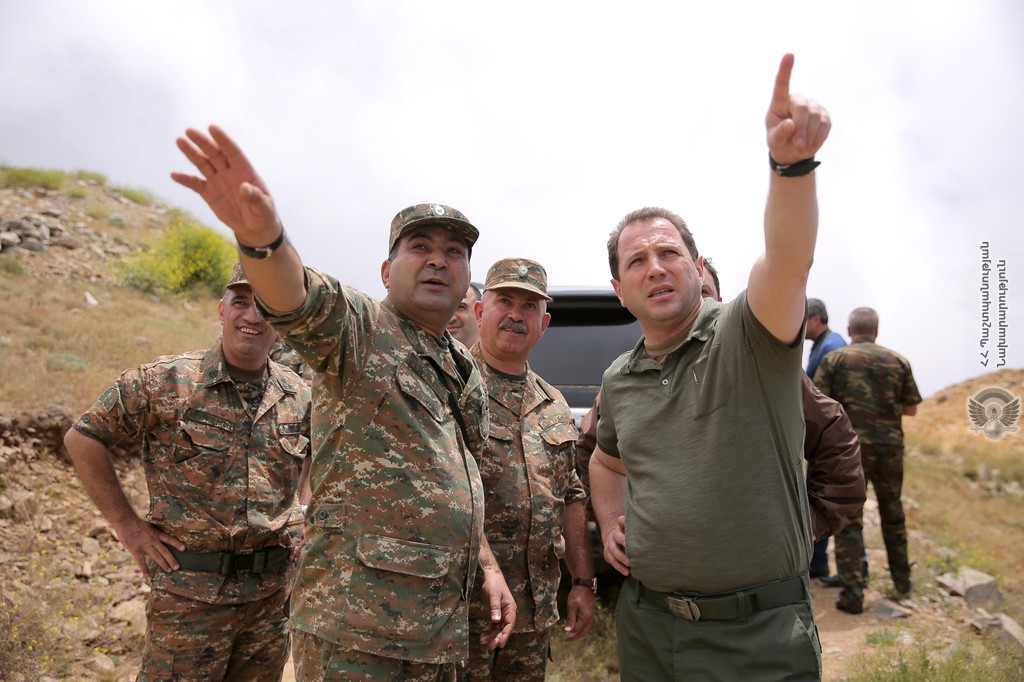


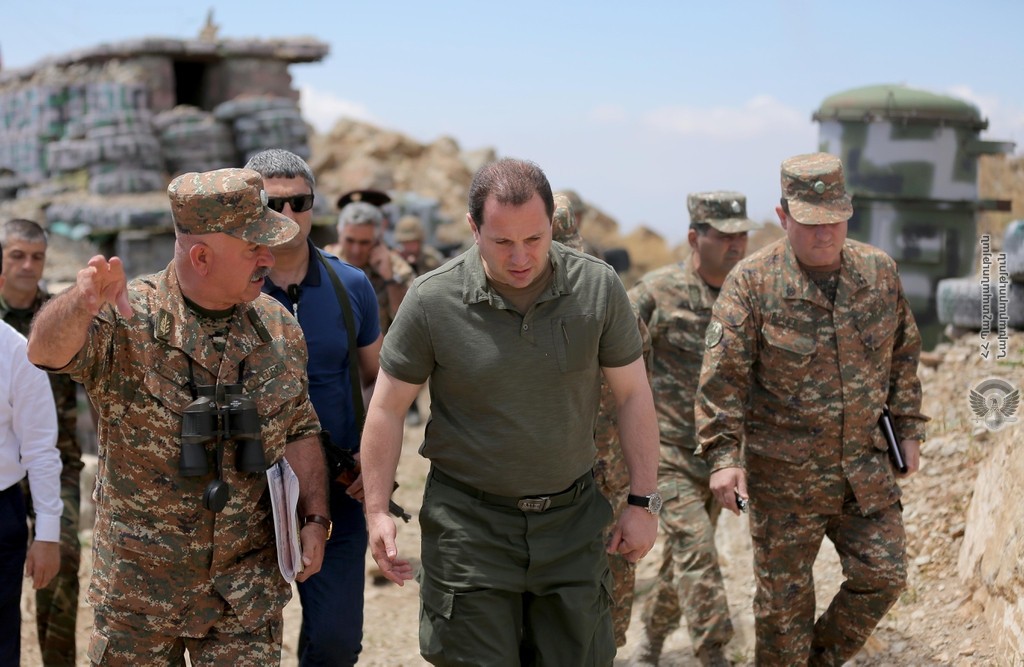

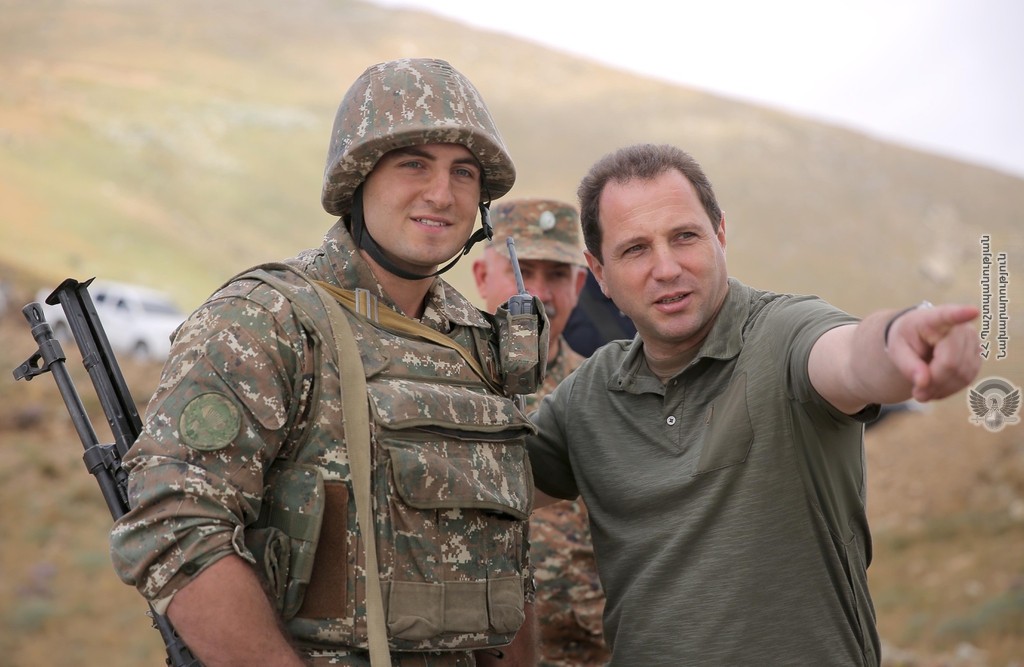
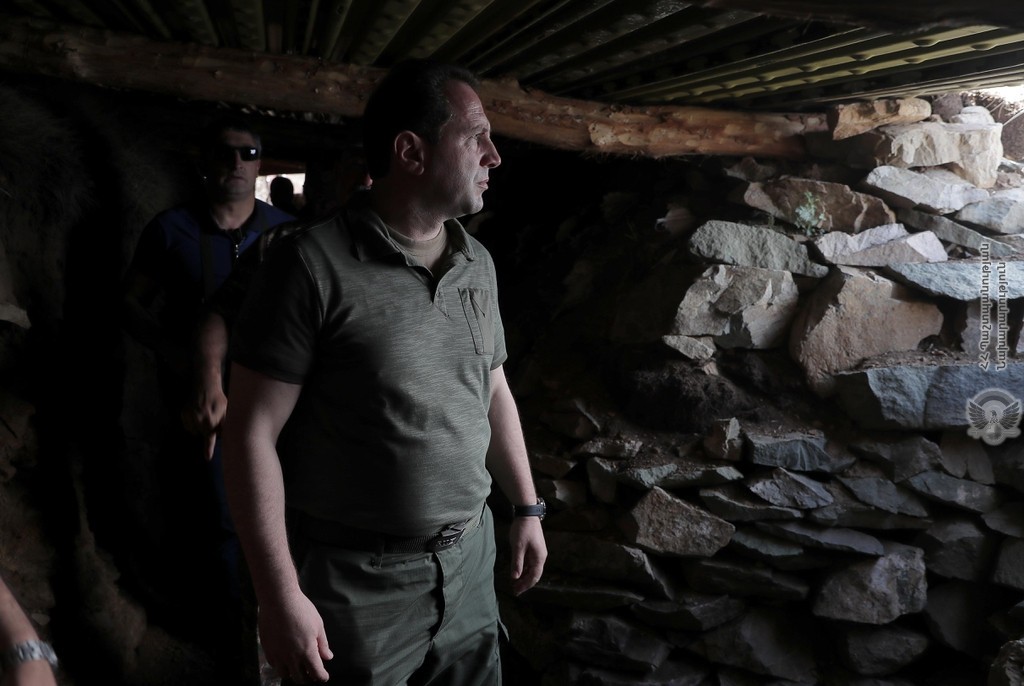



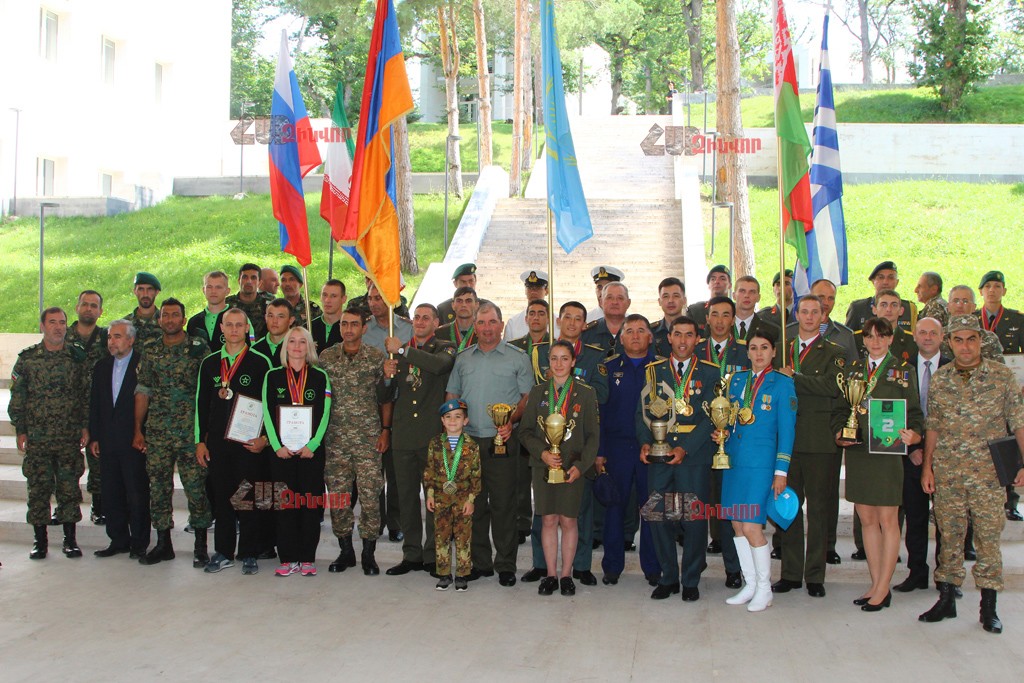
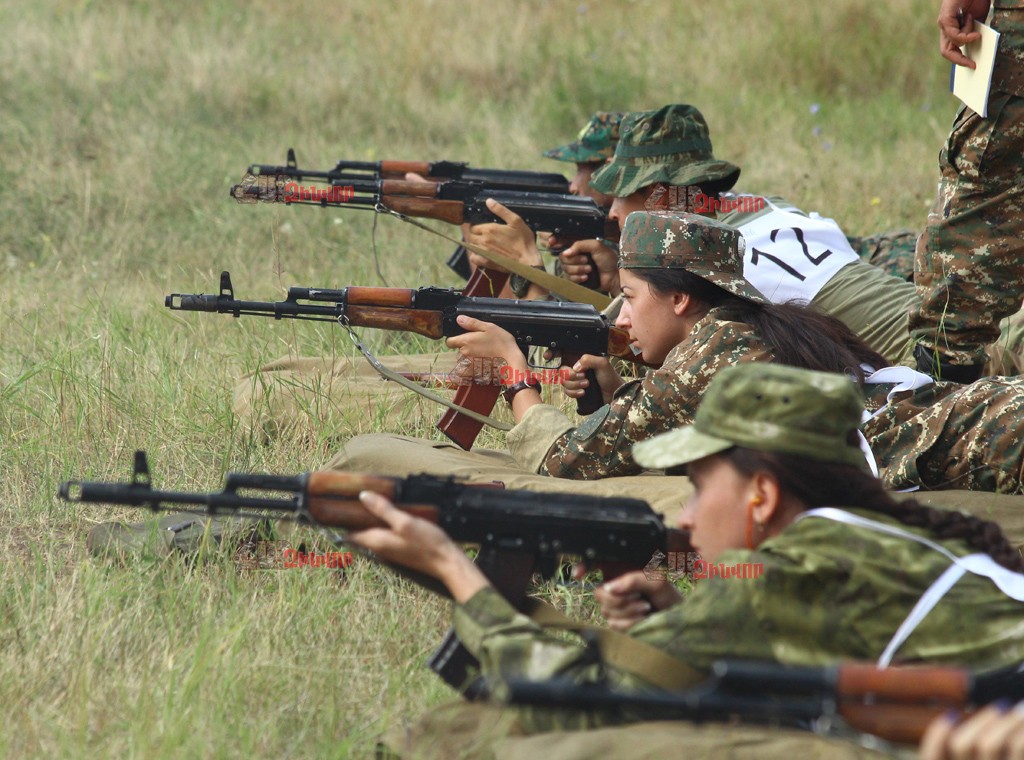
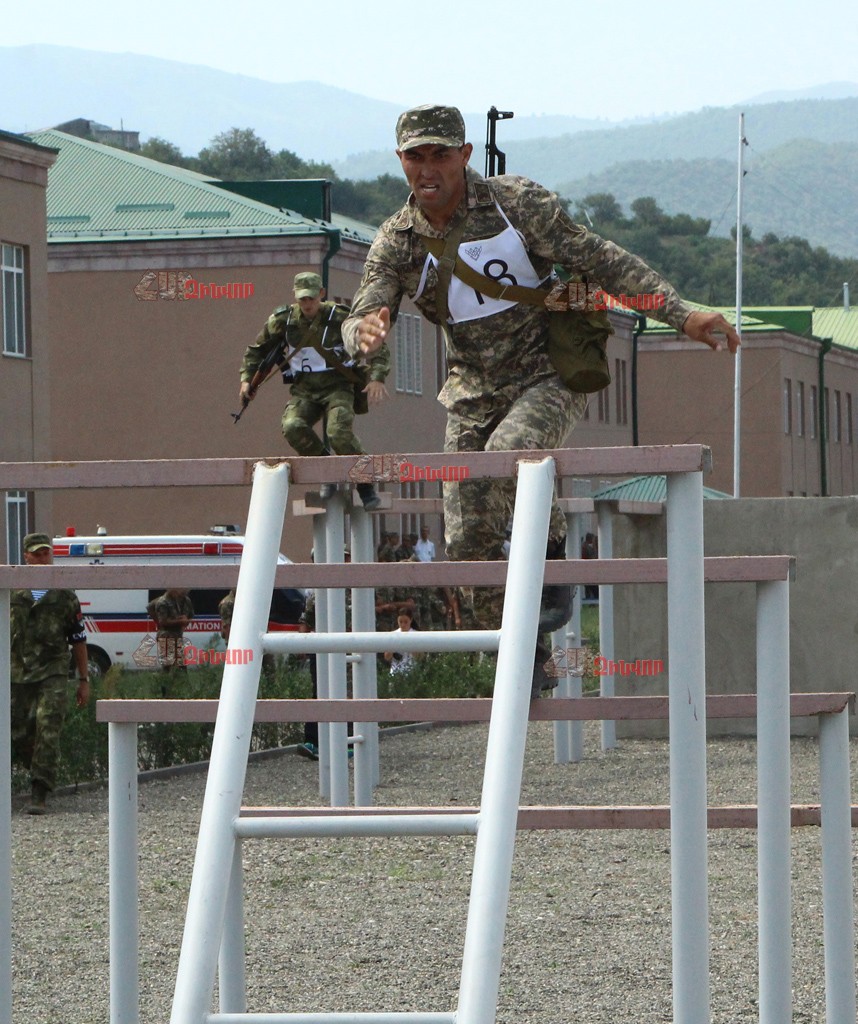






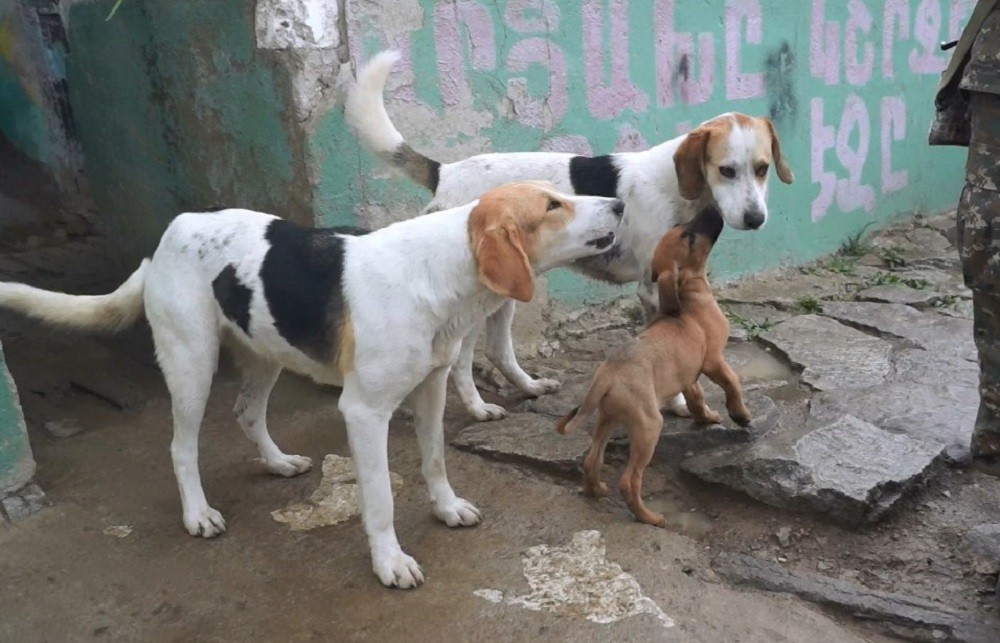
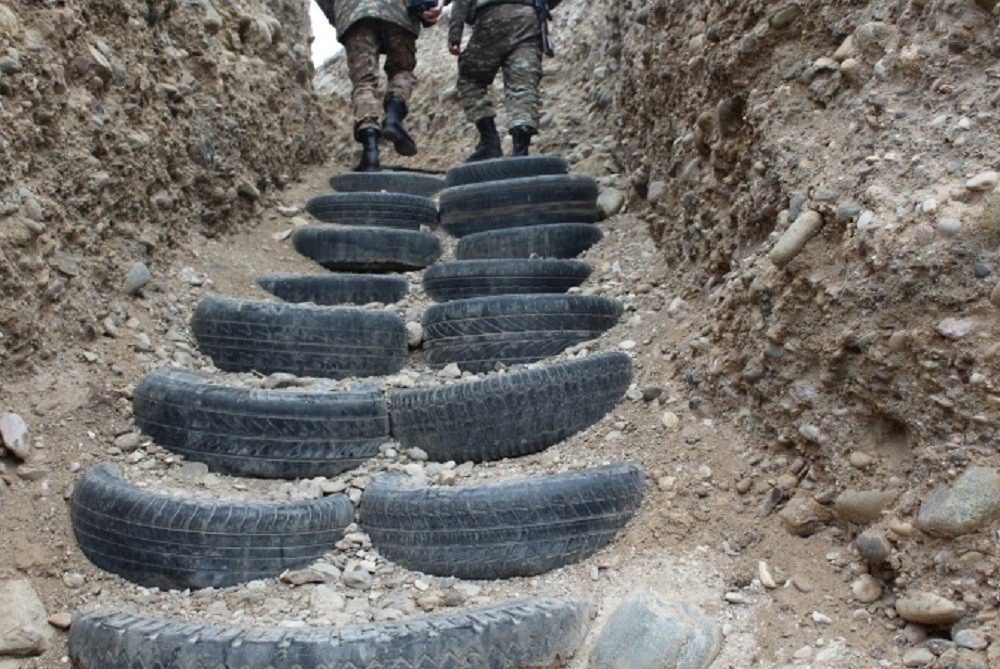

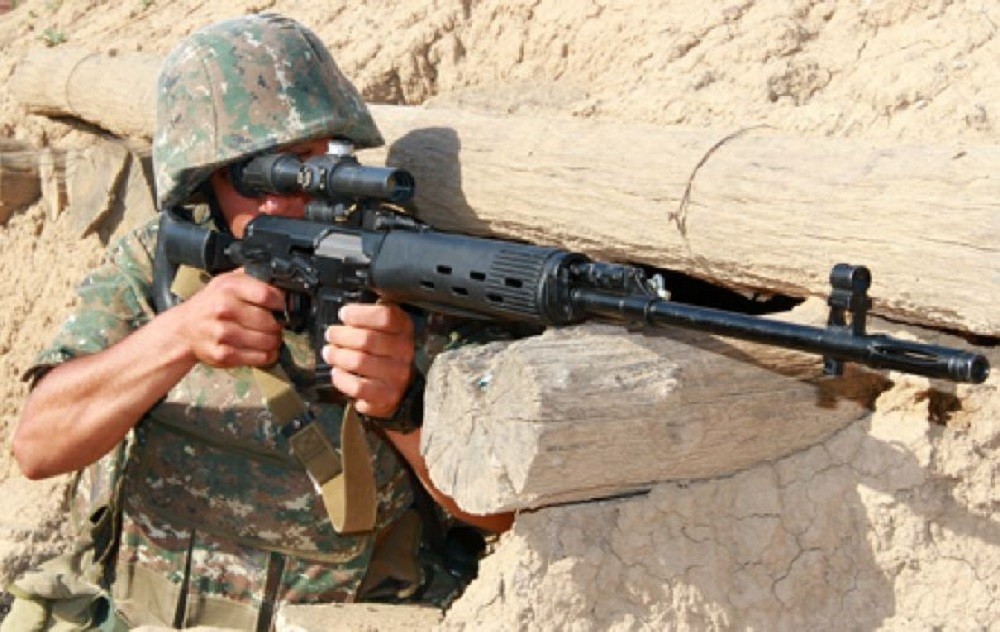




Comment